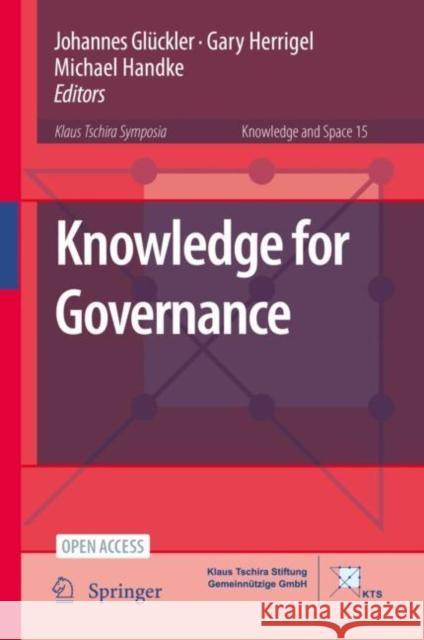Knowledge for Governance » książka
topmenu
Knowledge for Governance
ISBN-13: 9783030471491 / Angielski / Twarda / 2021 / 469 str.
Kategorie BISAC:
Wydawca:
Springer
Seria wydawnicza:
Język:
Angielski
ISBN-13:
9783030471491
Rok wydania:
2021
Wydanie:
2020
Numer serii:
000349158
Ilość stron:
469
Waga:
0.77 kg
Wymiary:
24.13 x 19.56 x 2.29
Oprawa:
Twarda
Wolumenów:
01











